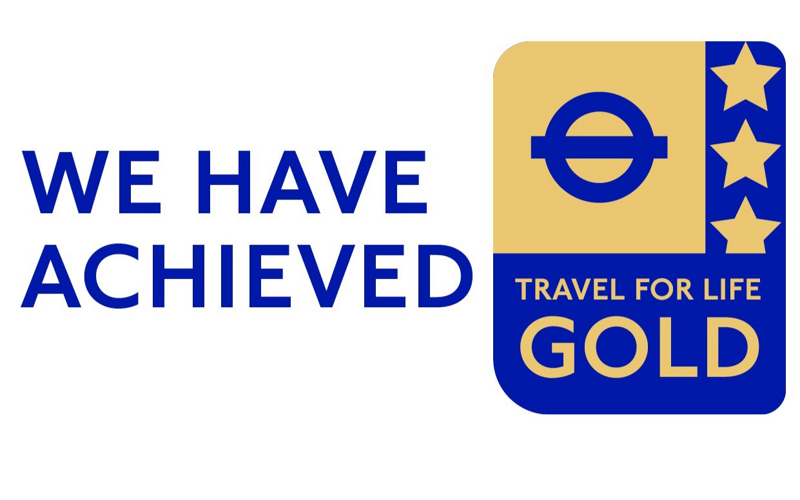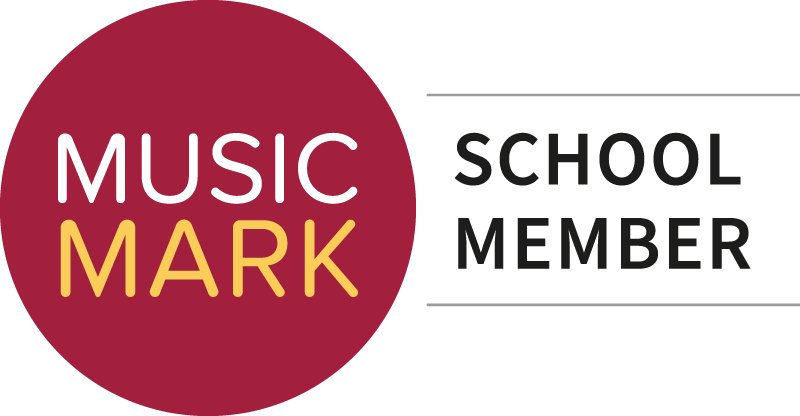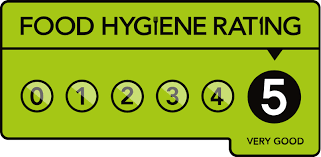Reading
Intent
At Belmore Primary School, we believe that literacy and communication are key life skills. Through our reading curriculum, children will be supported in developing skills and knowledge that will empower them both through their time at school and in later life and enable them to communicate effectively, confidently and creatively through spoken and written language.
We provide a wide range of rich and meaningful opportunities to become fluent and critical readers, develop empathy and an understanding of society beyond the home and school setting, improve wellbeing and equip children with the skills to become lifelong learners. We believe that reading is key to developing the ability to understand the experiences of others, thus, developing children’s language, social acceptance and cultural awareness. The curriculum we deliver through reading is authentic to and reflects our school’s ethos of having high expectations, valuing diversity and creating rich and varied experiences.
Through our reading curriculum, we offer these rich and varied reading experiences which provide children with engaging and purposeful learning opportunities to empower them to take ownership of their reading. We strive to introduce all children to a wide range of children’s literature and to explore ways in which reading can broaden their experience of life and give them a sense of what is possible.
At Belmore Primary School, the use of high-quality books within the reading curriculum is at the heart of our approach to engaging and supporting children. Core texts are mapped out from Nursery to Year 6 providing the opportunity for cross-curricular links and a breadth of highquality children’s literature. A conscious effort is made to reflect the realities and experiences of our children. We ensure there is a positive representation of gender, race, age, culture and religion in book choices. We ensure that our core books selection is ever evolving and represents a full range of literature in terms of genre and text type - from non-fiction to poetry to picture books to contemporary fiction. We are developing a school of teachers who read widely and are knowledgeable about children’s literature.
We aim to create a community of readers who are captivated by their learning and curious about the opportunities it provides them with. Book clubs, book fairs, interactive displays, shared reading areas, reading ambassadors, reading competitions and book related fundraising activities are some of the ways we aim to involve the wider community, helping to create our community of readers. Rich experiences are planned for providing pupils access to workshops, author visits, and creative projects. This supports our belief that classroom learning involving memorable experiences, real tasks, purposes and audiences will engage pupils and develop a love of learning with integrity.
We are committed to supporting children in becoming confident and articulate communicators and therefore ensure that purposeful opportunities for developing oracy skills are built into the curriculum. To develop our children as reflective readers and thinkers, book talk sessions are planned carefully with opportunities to share responses and opinions. We know that the more experience children have of talking about books in a structured way, the better they become at making explicit the meaning that a text holds for them - helping them, and the class, to reach a shared understanding of ideas and issues within the text.
Implementation
Our reading curriculum encompasses phonics and the development of reading skills, comprehension, reading aloud, visits to the school shared reading areas, book talk and the opportunity to share books, reading for enjoyment, home-school reading communication and developing a love of reading. The pedagogy for each of these aspects of the reading curriculum is constantly improving across the school.
Our reading sessions are taught for one hour, five days a week. We ensure that a breadth of literature is explored through these sessions. Two of the sessions are based around book talk and developing a deeper understanding of a text, a further two of the weekly sessions focus on the development of reading skills and comprehension of what has been read earlier in the week. These four sessions are based around the high-quality core text selected for that half term. The final session of the week is based on reading and responding to an unseen text to apply taught skills to a variety of contexts.
Children can access the whole school reading areas as well as their classroom reading corners throughout the week and do so in order to select a book for home reading or to relax with a book in these spaces. ICT is used regularly to support reading planning, teaching and learning, for instance using sound clips to support the visualisation of a scene from a text.
Each day, for 10 minutes after lunch, the class teacher reads aloud to the children, modelling fluency, intonation and a love of reading. This text is carefully selected by the reading leader in order to stretch and challenge the children’s reading repertoire. The act of reading aloud to the class from a challenging text supports the development of the children’s spoken language comprehension and vocabulary acquisition and therefore contributes to their development as readers.
Teachers and TAs listen to children read as often as possible in order to develop a rounded understanding of each child as a reader. Teachers and TA’s aim to hear one-to-one readers once a day, vulnerable readers including disadvantaged and SEN pupils are given priority.
Our children are expected to read widely and frequently at home as well as at school as we know that this supports children in developing their fluency and becoming interested readers with good reading stamina. All children have access to the class reading corners and shared reading areas to take books home to read. These are ‘free reading books’ and are categorised according to fluency and stamina. Children who are receiving phonics lessons or interventions will bring home a book linked to the sounds they are learning in school, this applies to children through all key stages. Children in KS2 who are receiving phonics interventions will receive a book that has a higher interest age and a lower reading age so that they are exposed to appropriate themes for their age whilst simultaneously developing their reading fluency. Please see our Phonics page for further detail.
PIXL assessments and data are used to identify areas for development for specific classes which are subsequently addressed with PIXL therapies, high quality planning and revisiting skills to consolidate learning. This will be either in a whole class setting, as small groups, or independently.
Impact
At Belmore Primary School, we firmly believe that reading is a fundamental skill and the experience of learning to read and becoming someone who reads for pleasure is invaluable. Our innovative and research led approach to the teaching of reading supports us developing excellence amongst our pupils and striving to develop an ethos and environment that excites, enthuses, inspires and values reading. Our children enjoy their reading sessions and are eager to learn and develop as readers.
Our emphasis on decoding and developing strong skills in reading fluency will allow our children to access reading at a high level throughout their education and life after Primary School. Our clear and consistent approach to teaching reading has allowed our children to make clear progress.
The Belmore Reading Spine
The Belmore Whole School Reading Spine is a carefully curated list of books that have been selected to be read to and by students throughout their time at Belmore, during reading lessons and 'teacher read aloud' sessions.
The aim of the Reading Spine is to promote a love of reading and provide exposure to a broad range of genres, themes, and authors. The Reading Spine is designed to guide reading experiences and to ensure that students encounter key texts that build their love of reading and reading skills progressively.
The Reading Spine includes texts from a wide range of genres and themes including contemporary fiction, classic texts, modern tales, poetry, non-fiction and picture books. The Reading Spine promotes diversity and reflects the realities of the children at Belmore
The Reading Spine is organised across different year groups, with age-appropriate texts that challenge students while also engaging them in diverse stories. You can view the individual year group text maps on our reading website page.





